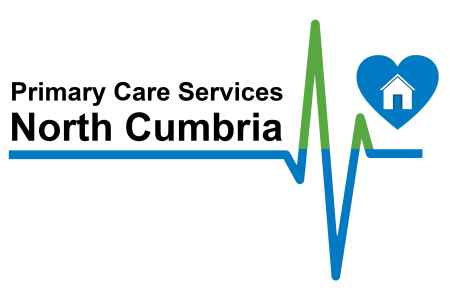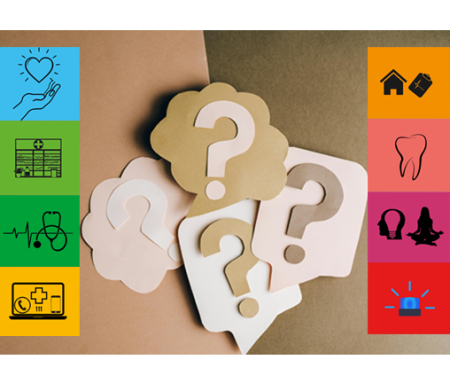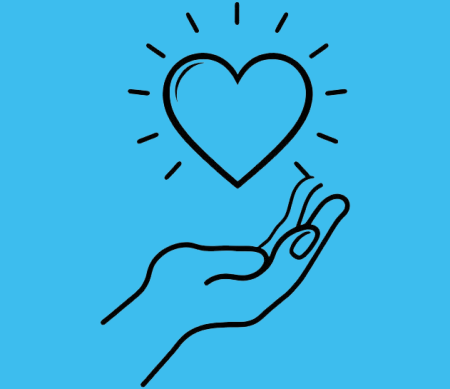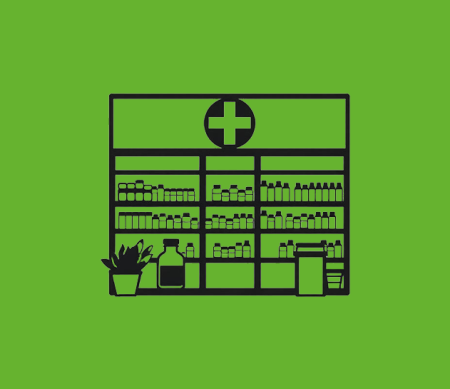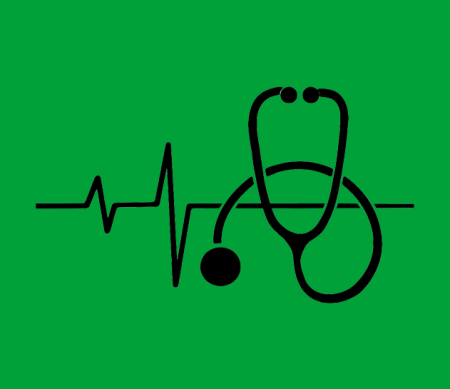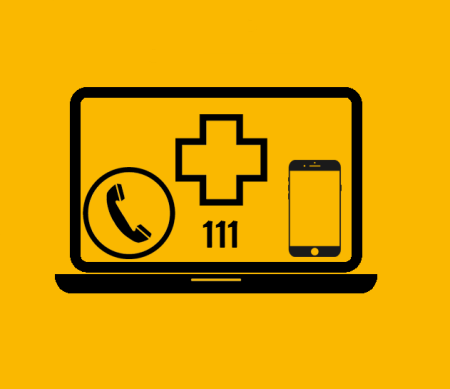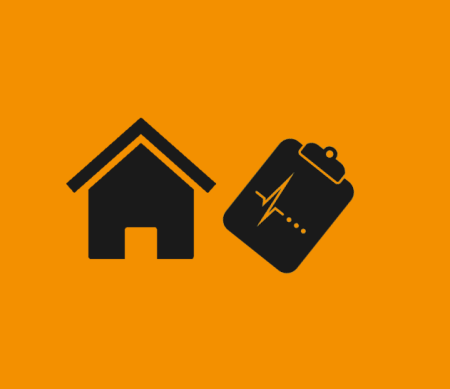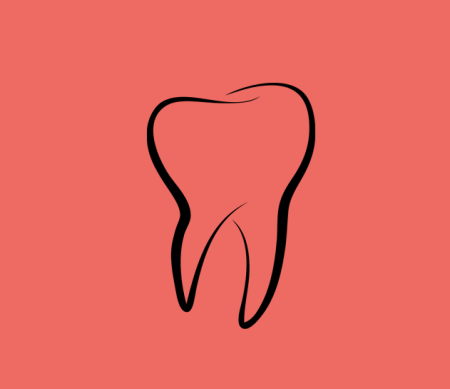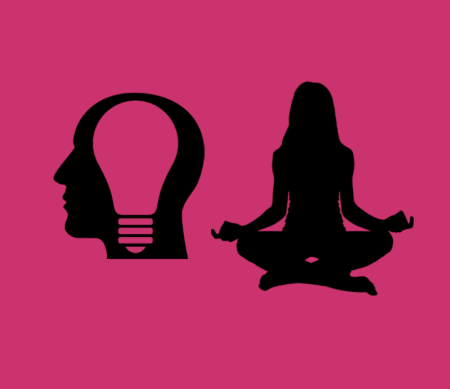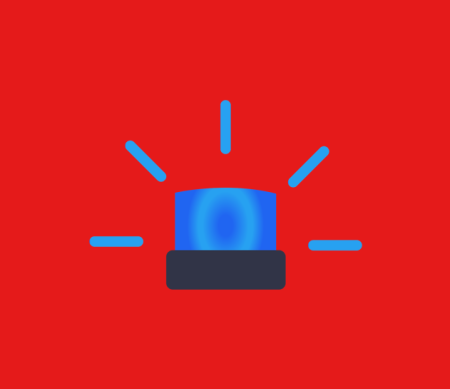To translate web pages into other languages Google Translate is a very useful resource.
Select Here to visit Google Translate.
Add URL / web address into the website category, select language required and press the arrow symbol.
This will open a new browser showing the website in the relevant language translation.

Choose the Right Care, at the Right Time
Not every health concern needs a trip to the emergency room. When you're unwell or unsure, knowing where to go can help you get the right treatment faster — and keep emergency services available for those who need them most.
This brief guide will help you:
-
Understand the different types of medical care available
-
Know when to visit your GP, pharmacy, urgent care, or call NHS 111
-
Recognize when it’s a true emergency
Let’s make healthcare work better — for you, and for everyone.
Right care. Right place. Right time.
